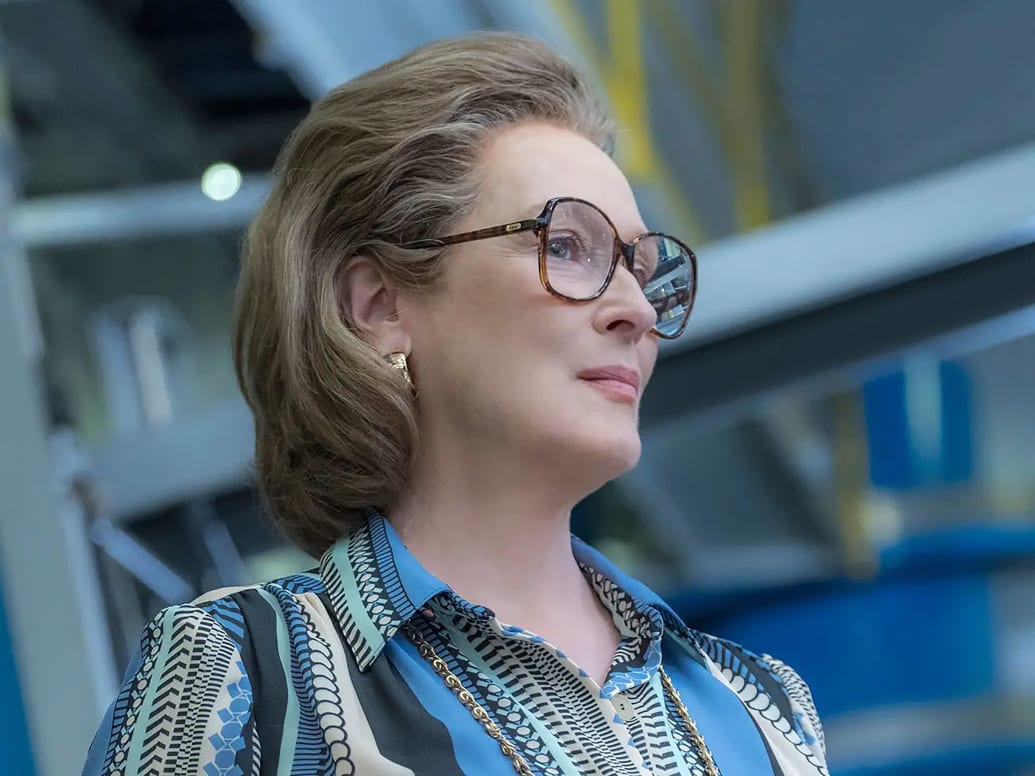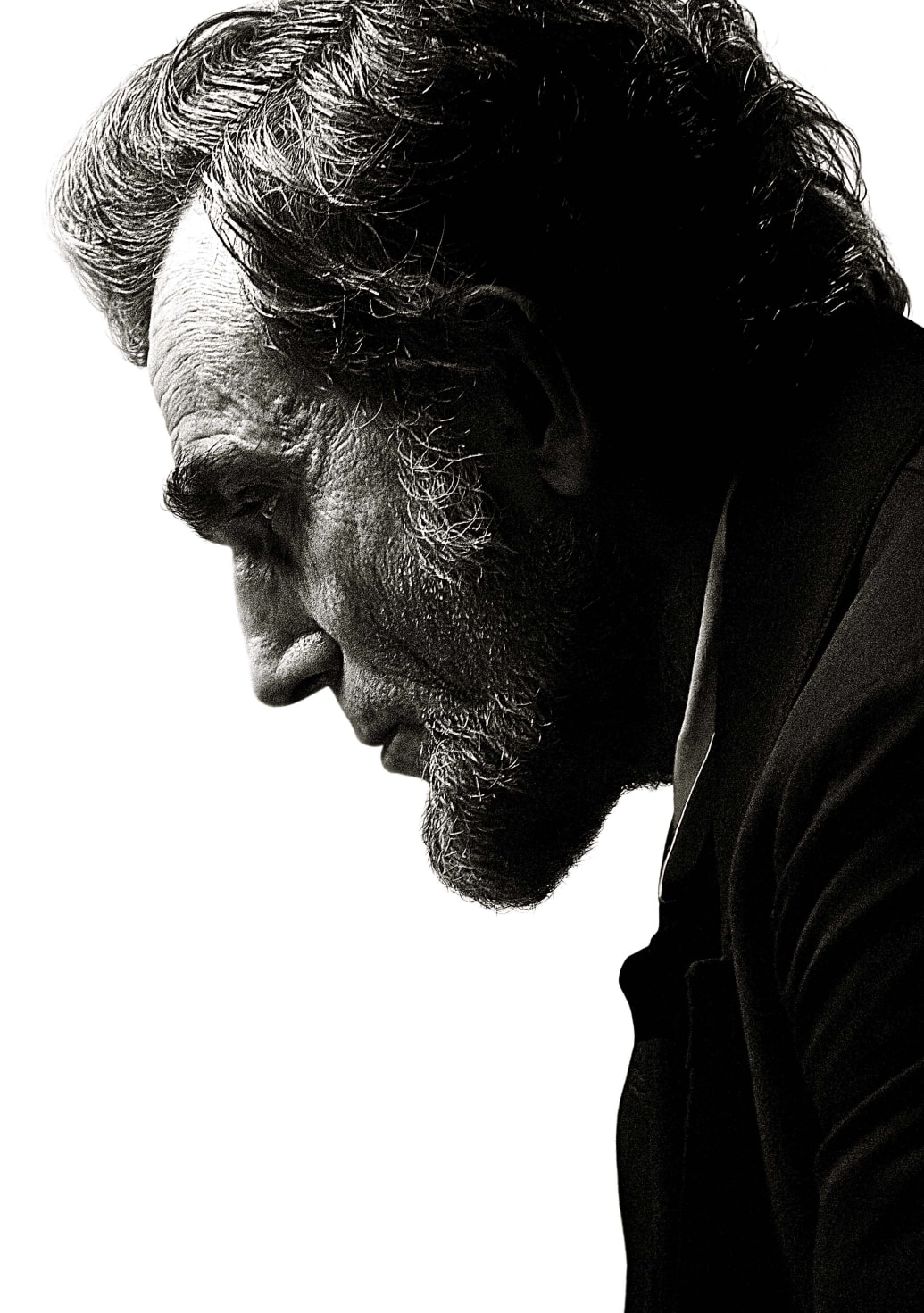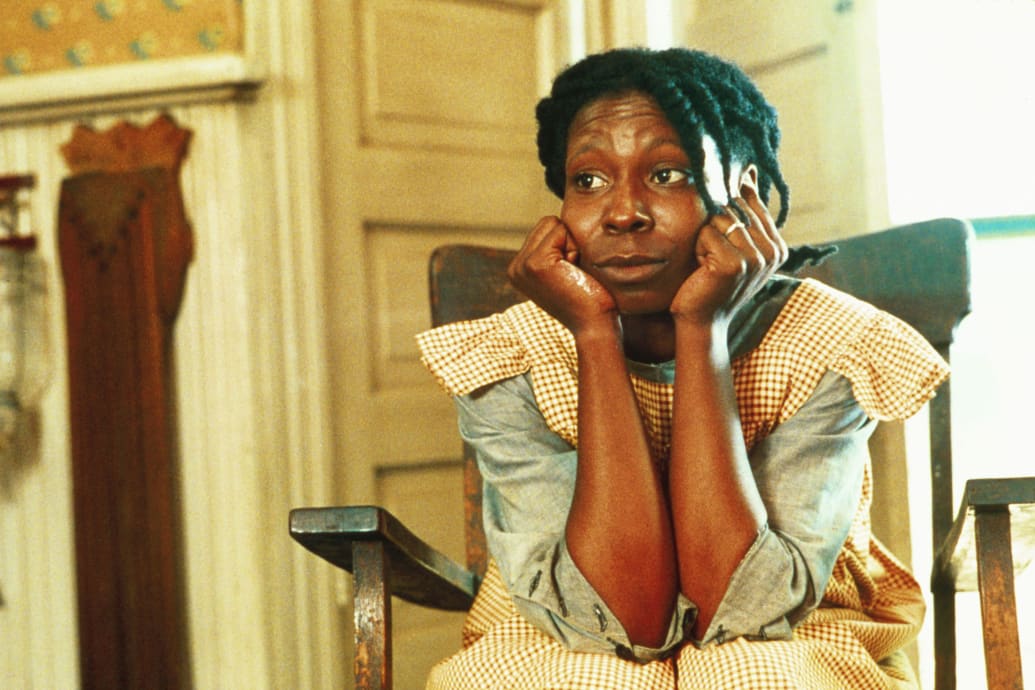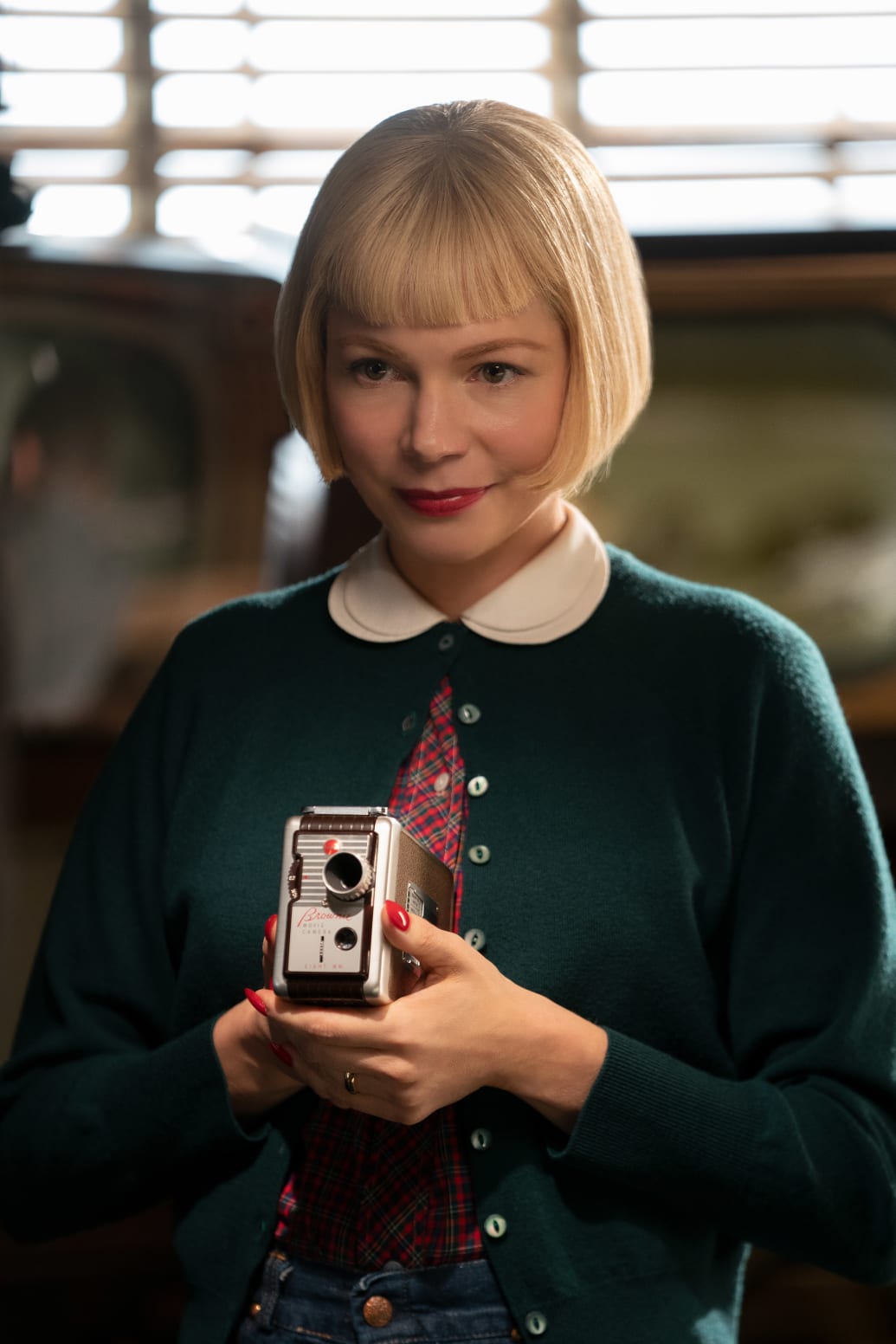With and Spielberg’s Ready Player One. Please, we are begging you, give us this Rylance again.
9. Tommy Lee Jones – Lincoln
Probably no one in this sprawling ensemble savors the philosophical and elocutionary opulence of Tony Kushner’s script as much as Tommy Lee Jones does. While the film stages Jones’ portrayal of congressman Thaddeus Stevens as the film’s surprise strategic hero—and his work is emotionally rooted throughout—the triumph here is Jones once again taking full reigns of a character and giving us the full tilt of his irascible, sarcastic pain-in-the-ass, undeniably lovable screen persona.
8. Meryl Streep – The Post

20th Century Fox
As Washington Post publisher Katharine Graham, Oscar’s most nominated actress is such a ball of fidgety nerves that it’s almost like she is performing Debbie Reynolds’ hands-forward impersonation of Streep. The tension of Spielberg’s Pentagon Papers film turns on a dime with every questioning gesture Streep makes in male-dominated board rooms, bringing massive crowd-swelling catharsis once she finally makes big moves to claim her power. Streep’s ability to reveal Graham’s inner life as much through inaction as her actions is just further proof of why she is the reigning best. Plus, the caftans? Come on.
7. Christopher Walken – Catch Me If You Can
Around the turn of the century, Walken had reconfigured his screen persona to that of an unexpected oddball debonair, thanks in part to his dance skills on display in Fatboy Slim’s “Weapon of Choice” music video. Here he is the sad flipside of that coin, playing a midcentury man who uses his charm as an evasive veneer for his shortcomings—until it no longer works. Walken subverts his own image to wholly surprising emotional effect. It’s one of the briefest performances on this list, but unlike some of the others, you can still feel his painful presence when he is gone.
6. Sally Field – Lincoln
The legendary Field will never not give her full body and soul, and here she scales the pains and agonies of first lady Mary Todd Lincoln to Shakespearean tragedy heights. But Field’s real powerhouse scene is her faux-polite dressing down of Jones’ Stevens, offhandedly battering his ego as if she were fanning a fly. Few performers can wield blows as fatal (whether delicately or with the force of a battering ram) as Field, and here she gave the level of rigorous psychological detail that is the signature of her best performances.
5. Oprah Winfrey – The Color Purple
Oprah Winfrey arrived on movie screens as Sofia with the kind of fireworks that it is difficult to decide which is more confounding: that it was her debut performance or that she would return to acting only on rare occasions. Winfrey enters the film with a fully formed character in Sofia’s self-assuredness; what’s miraculous in the performance is the journey to hell and back again, with Winfrey embodying the spirit being taken out of her and how she triumphantly rediscovers it.
4. Daniel Day-Lewis – Lincoln

DreamWorks
Can you believe it took until 2012 for someone to win an acting Oscar for a Spielberg movie? And all it took was the most revered actor of our time playing the most significant American president during the most consequential moment of his tenure. In turn, Day-Lewis delivered a performance more complicated than you might expect, but as physically and emotionally grounded as only he can give. His frame at once towering and frail, his voice somewhere between the soft purr of an ancient house cat and the creaking floorboards of a haunted house; his Lincoln was beleaguered and contradictory with an emotional immediacy that brushed off any historical biopic dust.
3. Margaret Avery – The Color Purple
As the traveling singer Shug Avery, Margaret Avery has to embody both the idolized version of the chanteuse and the deeply longing woman beneath the rhinestones. When she takes the stage, she’s a ferociously dynamic screen presence (enough so that you don’t mind that Avery is lipsynching). And when she’s out of the limelight, the actress reveals layers of internalized regret over her estranged relationship with her preacher father. Avery powerfully brings both versions of Shug into one in the iconic “Maybe God Is Tryin’ to Tell You Somethin’” scene, with her vulnerability giving the film one of its greatest emotional climaxes of many.
2. Ralph Fiennes – Schindler’s List
Playing Nazi lieutenant Amon Goeth, Fiennes takes what could have been a stock portraiture of pure evil and fills him with complications that ultimately make him more terrifying. Instead of mustache twirling villainy, Fiennes shows his cruelty as imbued with equal parts calculation and randomness, moving through sexuality, petulance, indifference, and flaccid stabs at power. You’re constantly on edge watching him, never knowing in what form his evil will strike. It’s fitting that there is not another performance quite like it in any other Spielberg film, given Schindler’s List’s place of significance in his filmography. Fiennes was then relatively unknown, but in this one performance he immediately carved out a screen persona that would stay just as unpredictable, even if he still shockingly has no Oscar.
1. Whoopi Goldberg – The Color Purple

Photo 12 / Alamy
Not only the best Spielberg performance to be nominated by the Academy, Goldberg’s star-making turn as Celie Johnson might be the greatest performance in any Spielberg film, full-stop. Whoopi had already made a name for herself as master of transformation with her one-woman Broadway show by the time she was cast. She solidified that reputation in the film, not only playing Celie aging across decades, but enhancing the film’s power with her physical precision and emotional depth, taking us through every small step of Celie’s journey towards self-actualization. The performance is an enduringly emotional high-wire act, an impossible feat of transforming a woman’s spirit before our eyes, the stuff of truly indelible movie magic.










